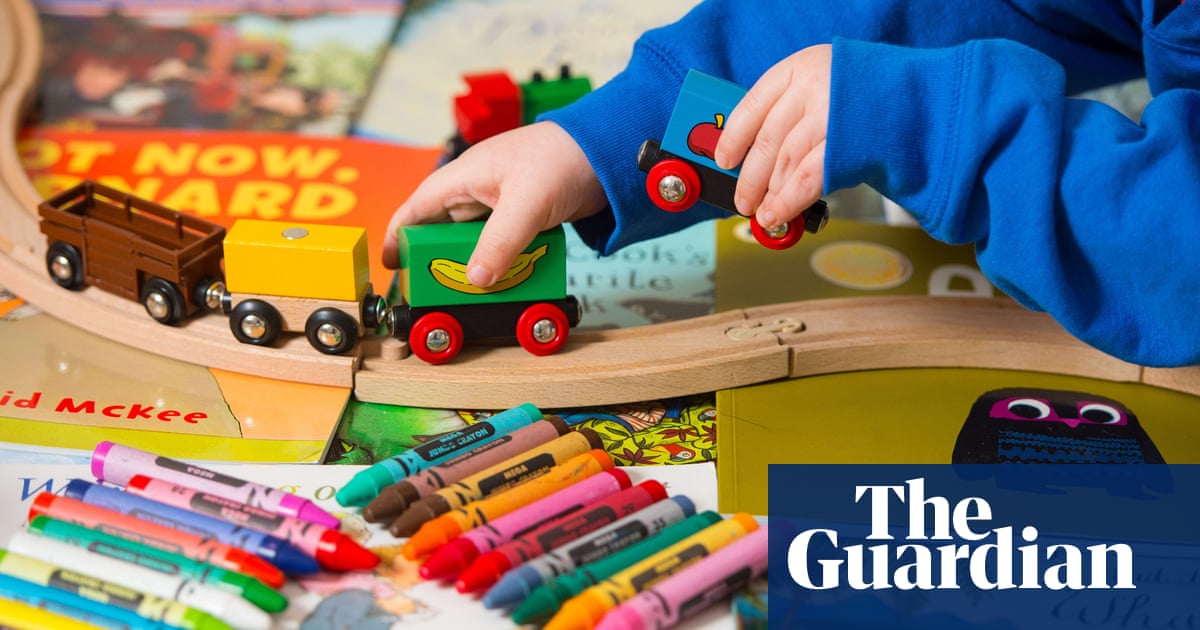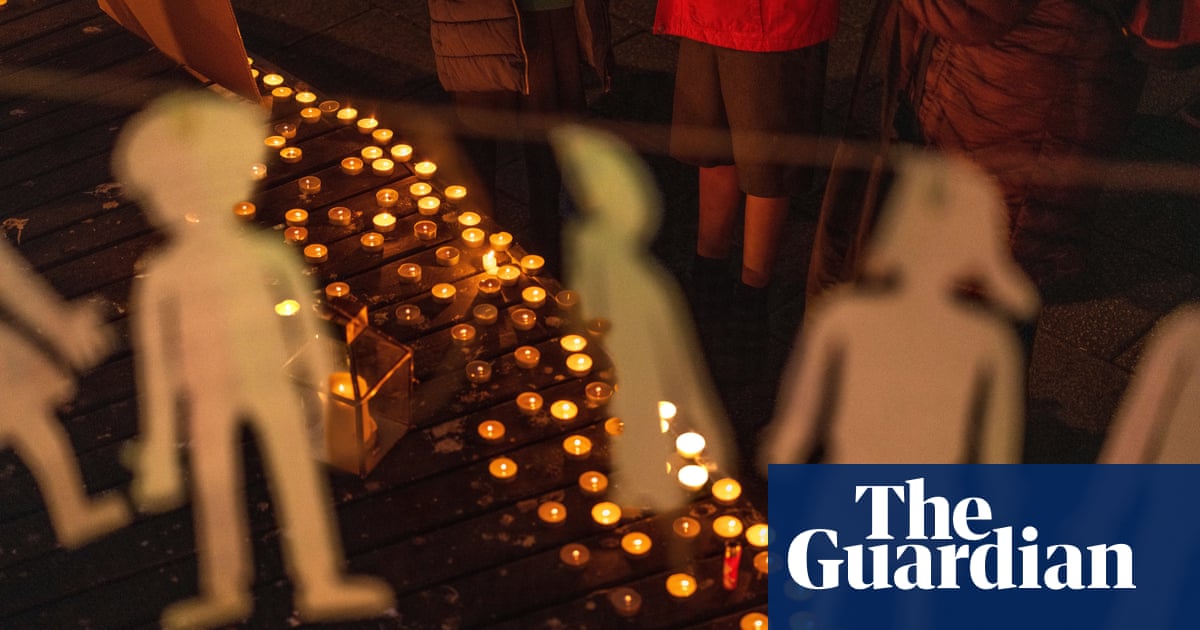
The Home Office must compensate female victims of sex trafficking whose children had to hear details of their abuse because no childcare was available during appointments, the high court has ruled.
Mr Justice Kerr found in a ruling on Monday that the system of support for victims of trafficking discriminates against asylum-seeking women. The Home Office admitted it treated this group differently but told the court that despite this they should not be entitled to any remedy.
Two trafficking victims brought the case, both of them single mothers from Albania recently granted refugee status.
The judge said: “The claimants are highly vulnerable people who have been poorly treated … Both have suffered much.”
Under the current system, trafficking victims with a dependent child receive a benefit that they can use to cover childcare during appointments, unless they are in receipt of asylum support.
The two women were denied this “dependent child trafficking support”, which left them unable to pay for childcare while they attended appointments to help them take their cases forward and assist with their recovery. Such appointments involve disclosure of specific details about the women’s exploitation while trafficked that they did not want their children to hear.
The judge found that the Home Office’s system of support discriminates against lone parent asylum-seeking victims of trafficking and “the treatment of the claimants … was egregious”.
While the judge found that it was not incumbent on the government to pay for childcare costs associated with attending appointments, it was clearly inappropriate for the victim’s dependent children to attend them in most cases.
The home secretary, Priti Patel, has indicated the ruling would require the government to pay additional sums totalling about £5m a year.
Silvia Nicolaou Garcia from Simpson Millar’s Public Law team, who represented one of the women, said it was evident it was “not possible or safe to conduct an effective psychological assessment with a child present”, and that “children are negatively affected when they accompany their parents to interviews where their parents’ trafficking is discussed”.
She added: “Without adequate financial support and childcare, our client was not able to access services vital for her recovery from her past traumatic experiences.
“A back-payment can’t make up for the lost time and support but we hope that the compensation she will be awarded will help to provide stability and safety for her and for her children and that she will finally be able to leave her trafficking experiences behind.”
Nicolaou Garcia said: “We hope that the Home Office sets up a redress scheme to ensure all survivors in the NRM [the national referral mechanism for victims of modern slavery] get back-payments and that going forward, all survivors are provided with adequate financial support, including child trafficking payments and free childcare.”
Zubier Yazdani from Deighton Pierce Glynn, who represented the second woman, also welcomed the judgment. He said: “This is yet another judgment against the Home Office for their failure to implement a fair system of support for vulnerable groups.”
In support of the case evidence was gathered from a variety of experts including mental health experts who found it was harmful for children to be present at legal and medical interviews. One psychologist found that cortisol levels of mothers who are breastfeeding increased in this situation, which was harmful for the babies being fed.
A Home Office spokesperson said:“The UK leads the world in protecting victims of modern slavery and asylum seekers. We will continue to support those who have suffered intolerable abuse, while preventing the exploitation of the system. The UK government has been clear that it is committed to providing needs-based support to victims of modern slavery. We will carefully consider the judgment and our next steps.”












